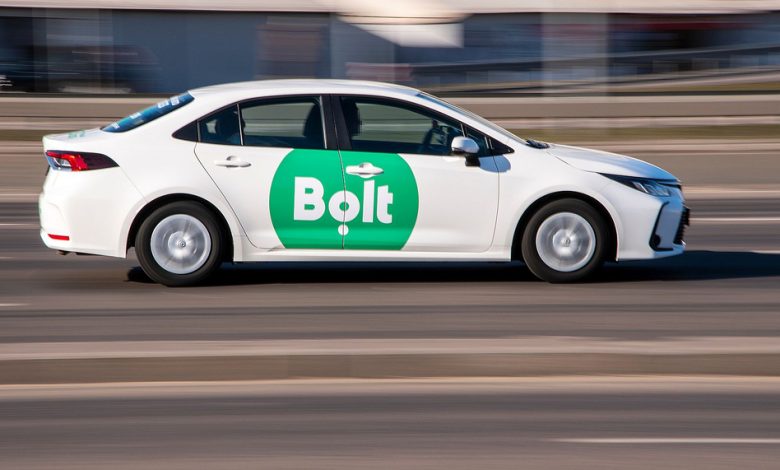Uber, Bolt drivers urge Lagos Government to implement agreement on regulation

The Amalgamated Union of App-based Transporters of Nigeria (AUATON) has urged the Lagos State government to implement their collective agreement, seeking to regulate the state’s ride-hailing business.
According to Kolawole Aina, the South-West zonal chairman of AUATON, the agreement aims to regulate its members and ensure their welfare is adequately addressed. He emphasised that the document addresses issues such as low pricing, high commission rates, and random activation and deactivation of drivers by e-hailing companies.
Aina stated that the “collective agreement” outlined how the government, app-based companies, drivers, and riders can fairly share responsibilities in the industry. Meanwhile, the federal transport and labour ministries have accepted it, but the Lagos State government has not.
“It will be a system where each ride can be monitored by all the four communities, and each community can mutually benefit,” he added.
Aina stressed the growing need for insurance and security issues, noting that many drivers have died on the job or lost property to customers or riders.
“Criminally-minded customers, sometimes, order rides, and during the ride, they kill the driver and steal the car and sell it. This is where insurance comes in. All trips will be insured; the driver, riders, property in the cars and the car itself will be insured,” Aina mentioned.
AUATON is a trade union registered with the Ministry of Labour and Employment and a member of the Nigeria Labour Congress. According to its website, the union’s objectives include defending its members’ overall interests and welfare, promoting their economic well-being, and ensuring the safety and security of all platform workers.
Advertisement
With membership ranging from one hundred thousand to over two hundred thousand across Nigeria, AUATON includes e-hailing or online transport drivers, app-based bike and bicycle food delivery and courier workers (dispatch), app-based bike passenger workers, and app-based bus passenger workers in the online transportation sector nationwide.
The Lagos State government and Uber, an e-hailing company, agreed in April 2024 to resolve a month-long dispute over the city’s 2020 real-time data-sharing requirement for ride-hailing services.





